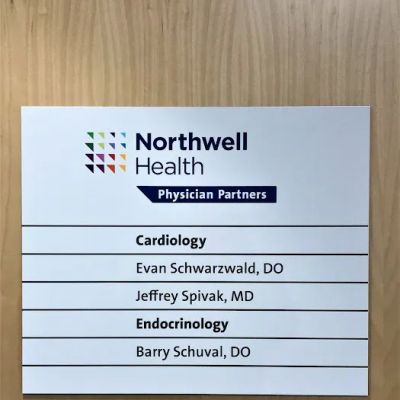- 1‑why‑natural‑support‑for‑heart‑health‑matters
- 2‑key‑herbs‑commonly‑used‑for‑cardiovascular‑support
- 3‑how‑herbal‑supplements‑work‑with‑your‑body
- 4‑personal‑experiences‑with‑natural‑heart‑support
- 5‑safety‑considerations‑and‑interactions
- 6‑professional‑perspective‑on‑holistic‑approaches
- 7‑where‑to‑find‑trusted‑products‑and‑guidance
1. Why Natural Support for Heart Health Matters
In a world where heart disease remains the leading cause of death globally, many people are turning to herbal supplements for heart health—not as a replacement for medical care, but as a meaningful complement. These plant-based remedies have been used across cultures for centuries, and now modern science is beginning to validate their role in supporting blood pressure, cholesterol levels, and overall cardiovascular function. With stress, diet, and inactivity taking a toll on heart wellness, a natural approach can be a practical and empowering part of prevention and care.
2. Key Herbs Commonly Used for Cardiovascular Support
2.1 Hawthorn (Crataegus): Often called the “heart herb,” hawthorn has been studied for its ability to improve blood flow, reduce blood pressure, and enhance the strength of heart contractions. It contains flavonoids and proanthocyanidins that support blood vessel flexibility.
2.2 Garlic (Allium sativum): Widely used for cholesterol management, garlic may help reduce LDL (“bad”) cholesterol and prevent plaque buildup in arteries when taken in consistent, therapeutic doses.
2.3 Turmeric (Curcuma longa): This golden root isn’t just for inflammation. Its active compound, curcumin, shows promise in protecting against oxidative damage and improving vascular lining function.
2.4 Motherwort, Ginger, and Green Tea: These herbs are often included in blends for their calming, circulatory, or antioxidant effects, which can indirectly benefit the heart over time.
3. How Herbal Supplements Work with Your Body
Unlike pharmaceuticals, herbal supplements for heart health tend to work gradually and support the body’s natural processes. For example, hawthorn doesn't lower blood pressure like a beta-blocker would; instead, it supports vascular function, improves oxygen use, and gently regulates heartbeat. This means effects are often subtle—but can be longer lasting and come with fewer side effects when taken correctly. That said, consistency is key. Most herbal formulas require several weeks to show noticeable benefits.
4. Personal Experiences with Natural Heart Support
Mark, a 62-year-old retired firefighter from Oregon, began incorporating herbal supplements for heart health into his daily routine after undergoing stent surgery. He chose a combination of garlic capsules and turmeric extract, alongside his doctor’s prescribed medications. Within months, his follow-up lipid profile showed notable improvement. “I don’t see herbs as magic pills,” he said, “but I do believe they help keep my system in balance. It’s about support, not shortcuts.” His experience reflects what many users report: when paired with good habits, these supplements can enhance long-term heart outcomes.
5. Safety Considerations and Interactions
While herbal supplements are natural, they are not always safe in every context. Garlic, for instance, can thin the blood and may not be advisable before surgery or when taking anticoagulants. Hawthorn may interact with heart medications like digoxin or beta blockers. That’s why anyone considering herbal support for heart health should always consult with a healthcare provider or a certified herbalist—especially if they are managing a heart condition or taking prescription drugs. Quality also matters. Supplements should be third-party tested and sourced from reputable producers to avoid contamination or dosage inconsistencies.
6. Professional Perspective on Holistic Approaches
Many integrative medicine practitioners support the inclusion of herbal supplements for heart health as part of a broader lifestyle plan. Dr. Elena Rosario, a naturopathic doctor based in California, states: “When patients also adopt healthier diets, engage in regular movement, manage stress, and incorporate the right herbal allies, we often see measurable improvements in cholesterol, blood pressure, and resilience to cardiac stress.” Herbs are tools—not fixes—but when used wisely, they can empower patients and bring balance to conventional treatment plans.
7. Where to Find Trusted Products and Guidance
If you’re exploring herbal supplements for heart health, sourcing matters just as much as the ingredients themselves. At HeartCare Hub, we offer carefully vetted formulas from brands that prioritize potency, transparency, and safety. Whether you're looking for single-herb extracts like hawthorn or blended cardiovascular support complexes, our team can help match you with what suits your unique health goals. Beyond products, HeartCare Hub also provides expert insights and educational content to guide your heart health journey with confidence and clarity.




















